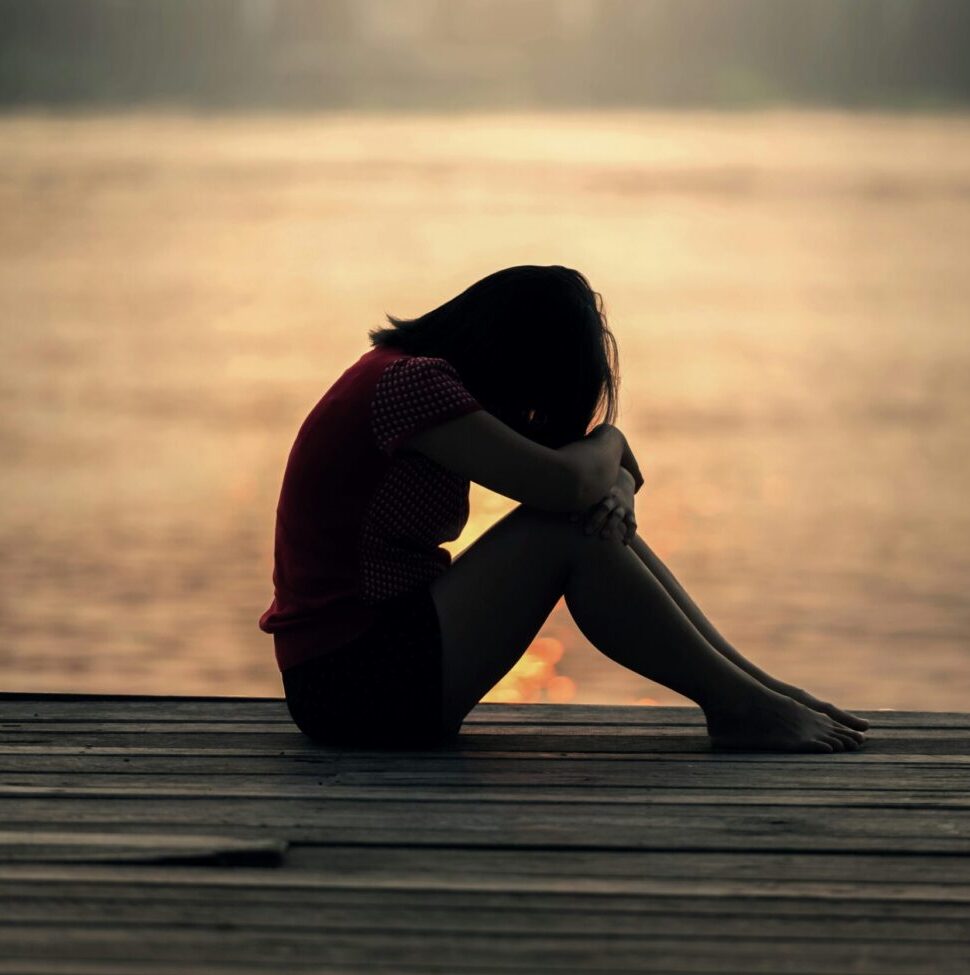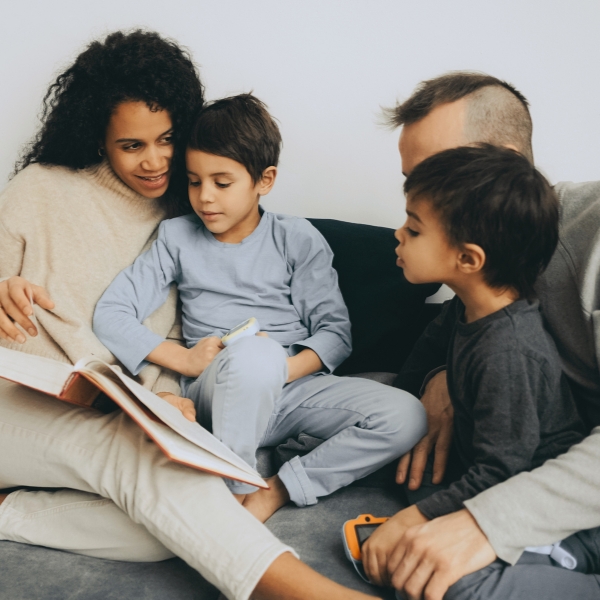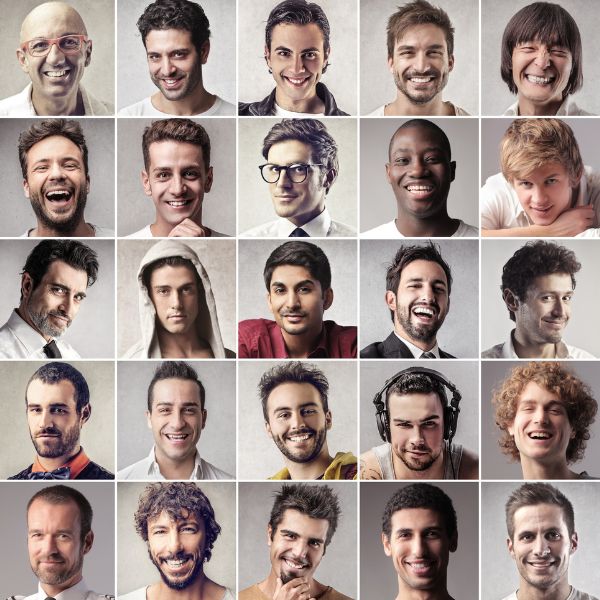Processing grief
This year our annual London conference was particularly special. The date we had chosen was 27 April which was, coincidentally, International Donor Conception Awareness Day (IDCAD). IDCAD was founded by Jana Rupnow, an author and counsellor based in the US. When we realised the two events would be on the same day, we contacted Jana to see if we could integrate IDCAD into the conference programme somehow.
The idea was proposed that Jana might come over from the US to attend our conference and run a session for us. Well, we were thrilled and delighted and, to be honest, honoured by her offer. We immediately agreed, advertising her as a very special guest for the day.
As part of the conference programme, we always run small topic-based discussion groups. After discussions with Jana, we decided to offer a small group session called ‘Processing Grief’ run by her to see if this would be of interest. Probably not surprisingly, it turned out to be extremely popular, filling up quickly and ending up with a waiting list of people wanting to join.
Jana structured the session using an exercise from her Three Makes Baby workbook to help participants explore their grief and sadness as it related to their donor conception journey. She then used a variety of activities to help people process those feelings and integrate them better. Feedback after the conference clearly showed that it was a really valuable session and something we’d like to offer again.
But there was something I found particularly interesting about the people who signed up for that session.
I think we had expected it to be pretty much exclusively women who had used egg donation and who had little babies or very young children. We felt those individuals would still be in that stage of needing to process any residual grief around things not having gone to plan and the move to egg donation.
As it turned out, it was a much more diverse group. Yes, we did have some egg donation mums with little children. But we also had several mums with much older children who were clearly still processing those complex feelings. We had several single women and lesbians as well as one man joining the group. Again, some of them had much older children and were well past their decision-making and fertility treatment stage. Grief transcended family-type, age of child, gender and donation type.
All the people who signed up felt drawn to the title and subject matter and wanted a space to share their feelings. It was a reminder that feelings of sadness, loss and grief don’t just vanish when a baby arrives. Those emotions can be overwhelming and it’s often a slow process to find balance. Things do get easier but the road can be incredibly up and down, involving times where grief strikes out-of-the-blue and is as intense as ever.
Jana was able to help draw out common, shared feelings around sadness beyond the fertility journey too. The grief of not having a simple story to tell, for parents themselves and for their children. The grief of losing family traits, traits that can sometimes feel deeply significant. How to process the loss of shared heritage and genetic lineage and how to reframe that in the context of donor conception.
The session showed clearly that finally getting the baby isn’t the end of that process of grieving and in some ways it might just be the starting point. For some parents, it may only be once they have a child that they can finally acknowledge the painful journey they’ve been on and start to reflect on the sadness around the path they weren’t able to take and the longer-term implications of the path they did take.
Maybe they need the safety and security of knowing that their journey has resulted in a much wanted child, and that that child is doing okay, before they can start to face their grief. The age of some of the children of the participants showed that for some people the grief never goes away completely, it simply becomes less intense or less constant.
Some of what is being grieved is in the future, not just the past. We know that healing takes time and that difficult, complex emotions aren’t easy to process, particularly alone. What can help is a focussed space with others to connect, reflect and release. Our ‘Processing Grief’ session was a great example of that space and we are enormously grateful to Jana for offering it.
Nina Barnsley
1st June 2025
Jana’s book ‘Three Makes Baby’ and the accompanying ‘Three Makes Baby Workbook’ are both available through the DCN bookshop.
Three Makes Baby Workbook – How to prepare for donor conception





